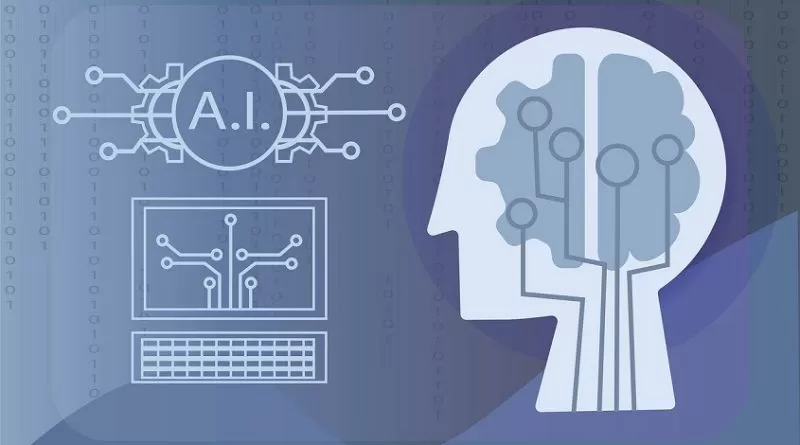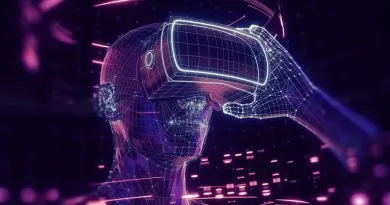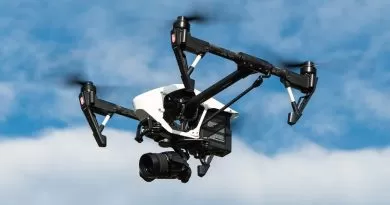The Role of Artificial Intelligence in the Metaverse’s Evolution
Artificial Intelligence (AI) plays an integral role in the evolution of the Metaverse by enhancing the user's experience, creating more sophisticated virtual worlds, and enabling new forms of social interactions and communication.
The metaverse is a term that refers to a virtual shared space, typically imagined as a 3D space where users can interact with each other and digital objects in a seemingly real or physical way. The metaverse is often seen as the next step in the evolution of the internet, a fully immersive and interactive online world that is built on blockchain technology and powered by artificial intelligence.
In simpler terms, the metaverse can be understood as a virtual world that is accessible to everyone, where users can interact with each other, virtual objects, and digital environments in a seamless and immersive way. It is a blend of virtual and augmented reality, social networks, gaming, and blockchain technology, creating new opportunities for communication, commerce, and entertainment.
Artificial Intelligence in the Metaverse
Current state of AI in the Metaverse
- Currently, AI in the metaverse is mostly being used to create more realistic and responsive avatars, to enhance the user experience, and to add more interactivity to virtual worlds.
- AI is also being used to generate realistic non-player characters(NPCs) and improve the realism and realism of the virtual environments.
- AI is also being used to power personalized content recommendations and to create more engaging and dynamic virtual experiences.
Potential impact of AI on the Metaverse’s evolution
- AI has the potential to make the metaverse even more immersive and interactive, by providing users with more realistic and personalized experiences.
- AI can also be used to create more sophisticated virtual worlds, with dynamic and responsive environments.
- As AI continues to evolve, it could also enable more advanced social interactions and collaboration within the metaverse.
- AI could also enable the creation of new kinds of virtual economy, commerce and even governance
Applications of AI in the Metaverse
- AI-powered avatars, that can more accurately reflect a user’s behavior, expressions and emotions
- AI-enabled social interactions, that can simulate human-like responses and behaviors in NPCs and other users.
- AI-enhanced game and content creation, that can dynamically create new challenges and experiences for users.
- AI-driven personalization and customization, that can tailor the metaverse experience for each user.
- AI-based virtual agents, that can be used for customer service, e-commerce, and other business applications.
The Role of AI in the Metaverse’s Development
AI-powered avatars and virtual worlds
- AI can be used to create avatars that more closely reflect the user’s physical appearance, movements, and expressions.
- AI can also be used to enable the avatars to respond and behave in a more natural and human-like way.
- AI can also be used to create virtual environments that are more responsive to the actions of users and avatars, such as changing weather conditions or time of day.
- AI can be used to enable more sophisticated and realistic interactions between users and NPCs, such as simulating human-like conversation and behavior.
- AI can also be used to enable more dynamic and responsive virtual environments, such as virtual cities or public spaces where users can interact with each other and the environment in real-time.
- AI can also be used for sentiment analysis and sentiment-based decision making for in-game interactions and non-playable characters
AI-enhanced game and content creation
- AI can be used to generate new and dynamic game content, such as randomly generated levels or challenges.
- AI can also be used to improve the realism and interactivity of virtual environments, such as by creating more lifelike NPCs or dynamically changing the environment.
- AI can also be used to help game developers to create more engaging and personalized game experiences for users, by analyzing player behavior and preferences.
- AI-powered analytics and optimization can also be used to improve overall game design and development process.
Challenges and Opportunities
- Technical challenges in developing AI for the Metaverse
- One of the main challenges in developing AI for the metaverse is the complexity and scale of the virtual environments, which can require significant computing power and data storage.
- Another challenge is to create AI that can function effectively in unpredictable and dynamic virtual environments, such as responding to user behavior in real-time.
- There is also a challenge in creating AI that can understand and replicate human emotions, expressions and behavior
- Ensuring privacy and security of user’s data and AI systems is another crucial concern.
Ethical and societal implications
- The use of AI in the metaverse raises ethical questions around issues such as autonomy, privacy, and bias.
- -As AI-powered avatars and NPCs become more sophisticated, it could blur the lines between what is real and what is virtual, raising questions about the nature of reality and identity.
- There are also concerns about how AI could be used to manipulate or exploit users in the metaverse.
- As AI becomes more advanced, there could be implications for the labor market, as jobs currently done by humans could be replaced by AI-powered avatars or NPCs.
Opportunities for innovation and growth
- The development of AI for the metaverse presents significant opportunities for innovation and growth, particularly in areas such as virtual reality, gaming, and social media.
- The use of AI in the metaverse also has the potential to create new markets and business opportunities, particularly in areas such as virtual commerce and advertising.
- The integration of AI with blockchain technology can enable new forms of decentralized governance and economy in the metaverse.
AI can also provide new opportunities for education, training, and skill development in virtual environments.




